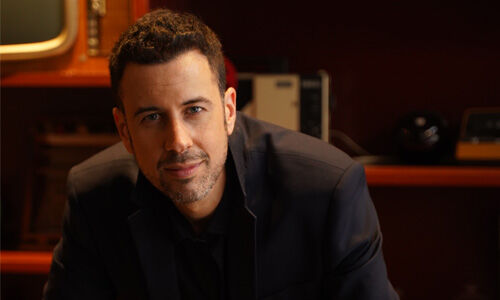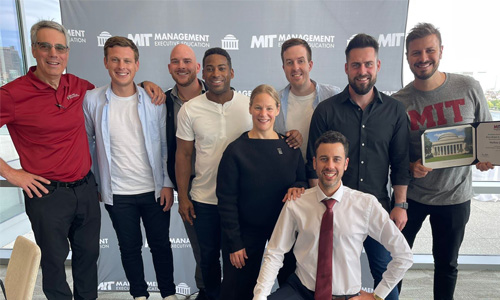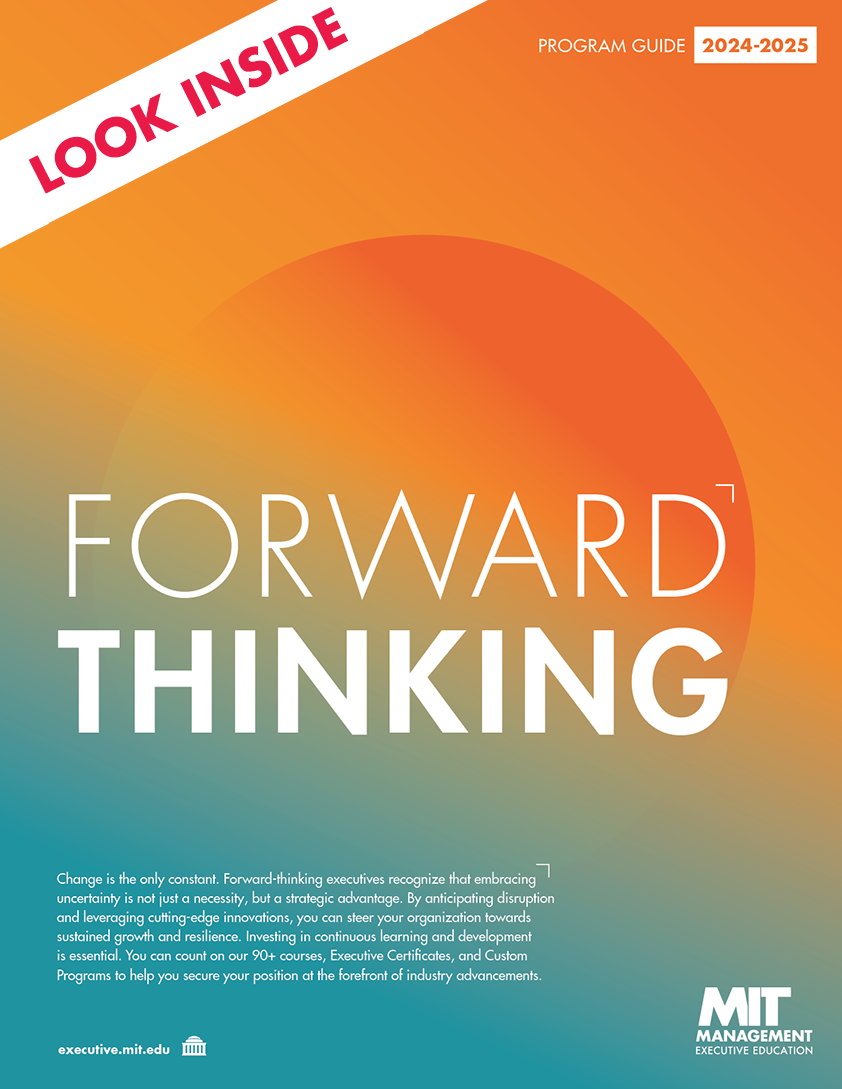When Yuval Zandbank launched the business Ticks in 2015 as a side project while studying at Ben-Gurion University, it unexpectedly took off across Israel. The mobile self-service ticketing platform, which was designed to help event hosts boost both their ticket sales and entrance control, attracted more than 2,000 B2B customers in just over two years, and Zandbank was excited about the prospect of scaling the business on the global market. He enthusiastically hired employees. He paid for offices in Tel Aviv. And then he realized that his dream was not going to come to fruition.
“I had an expensive lesson,” Zandbank says. “I followed my gut. I came up with a product and I pushed it really hard. And it actually worked. But when I tried to turn it into something much bigger and play in a bigger field, it was a total loss. I call it my grand failure.”
That experience ultimately led the budding tech entrepreneur to an epiphany. He explains, “I had the wrong impression that magic would happen if I put all my heart and effort into something. It worked for me on a small-scale business that luckily got into the right market at the right time, but it didn’t work when I tried to build a superscale business with much more traction. I realized that entrepreneurship is a skill. It’s a muscle that you have to build, and there is a way to structurally learn it.”
The Right Fit
While in college in Israel, Zandbank actually took a variety of entrepreneurship classes. Yet, as he set out on his own path, he recognized that the education he received did not really set him up to succeed in today’s innovation-driven world. “Those classes were missing the practical steps that are needed to be an entrepreneurial leader,” he notes. “They didn’t break up the information into small chunks that are engaging, easy to understand, and show you how to iterate and measure your success.”
"I realized that entrepreneurship is a skill. It’s a muscle that you have to build, and there is a way to structurally learn it."

With that in mind, Zandbank began to search for the right educational fit for his entrepreneurial aspirations. He found MIT Sloan Executive Education’s weeklong in-person Entrepreneurship Development Program (EDP), which he completed on the Cambridge campus in June of 2022. And he walked away with a new base of knowledge that completely changed how he approached being an entrepreneur.
“The information I received was really valuable for entrepreneurs,” he says, pointing to the lessons about focusing on product first, doing extensive market research before attempting to move towards commercialization, and how to develop a truly constructive partnership if you have a business co-founder. He continues, “The program teaches you the standard innovation-driven startup tools and language. It broke down all of the steps in the entrepreneurial life cycle of a startup into systematic, actionable parts. As a creator, I was missing these rules all these years. Now I have the framework to fully put myself into building something extraordinary with significant impact on a scale.”

EDP in Action
With his newfound knowledge in hand, Zandbank was ready to revisit Ticks; however, the EDP forced him to recognize that the ticketing market is very saturated and that he must take a different approach to the company’s growth. “It’s not innovative anymore to try to scale in that market, so I have to look for something more innovative to [take it to the next level],” he says. “We need to look to the future.”
He feels the same way about his second venture: the nonprofit humanitarian platform AdamLeadam, which uses location-based technology to connect individuals seeking food or medicines. Founded in March 2020, AdamLeadam was a direct result of the Covid pandemic and Zandbank’s lifelong desire to be involved in social community projects. The project initially received impressive media coverage and attracted nearly 5,000 volunteers across Israel. Now he plans to use lessons from the EDP to see where the platform can go from here.
What’s more, in August of 2022, Zandbank co-founded a new startup, Blend, which uses Artificial Intelligence to provide a cutting-edge product-led sales platform that is designed to accelerate deal closing processes for go-to-market teams. The idea was inspired by Adam Blake’s lecture entitled “Introduction to Entrepreneurial Sales,” which discussed how the product-led growth sales model is transforming traditional sales practices. Zandbank decided to research the topic further, and Blend was born. And now he is ready for the challenge of growing each of his burgeoning business endeavors.
“You really need to be detailed and disciplined about what you do because once you do that, you really have the wings you need to succeed,” he says, noting that MIT Sloan’s EDP gave him the tools he needs to move forward and keep going no matter what happens. He concludes, “A few days before the program, I was pitching a VC for the first time. The feedback I got was mean and not professional as expected. When I shared this with the class, [Professor] Bill Aulet summarized it in one sentence that I will never forget: “When you fall, rise and get yourself back to the field until you make it.”
Learn more about the Entrepreneurship Development Program.








